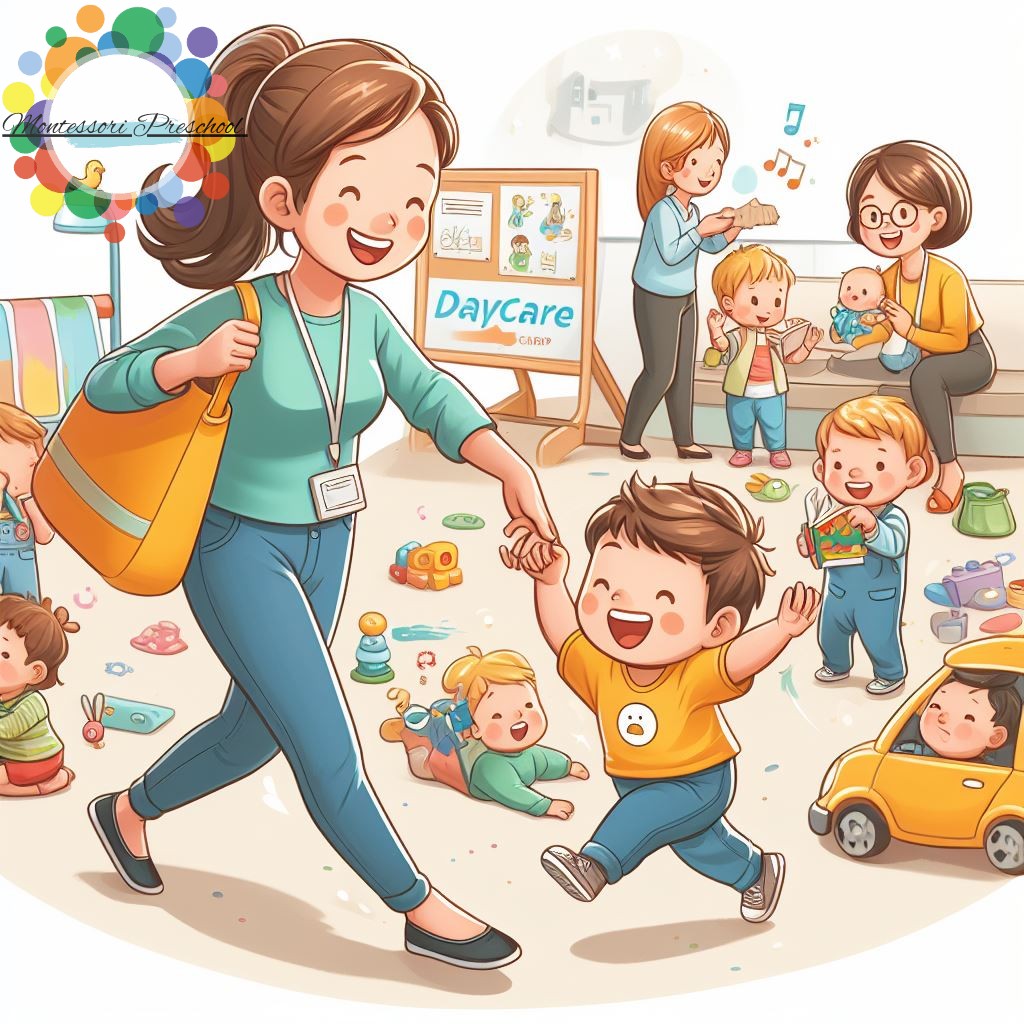
Living with parents as an adult can be a complex situation that raises various questions regarding legal rights and responsibilities. While the specifics can vary depending on jurisdiction and individual circumstances, it is important to have a clear understanding of the legal landscape in order to navigate this dynamic successfully. In this article, we will explore the legal rights of adults living with parents, including parents’ legal rights, the rights and responsibilities of adult children, and the legal rights of adult children in the family home. By shedding light on these topics, we aim to provide helpful insights and guidance for individuals and families in similar situations.
Parents’ Legal Rights
Understanding Parental Authority
Parents have certain legal rights and responsibilities towards their children, even when they reach adulthood. These rights arise from the Parent-Child Relationship and can include:
- Making decisions on behalf of their child until they reach the age of majority.
- Disciplining their child within reasonable limits.
- Providing financial support for their child’s well-being.
- Accessing the child’s medical and educational records.
- Determining the child’s place of residence while they are still dependent.
- Setting rules and expectations for behavior within the family home.
Legal Obligations of Parents
With parental rights come legal obligations. Parents are responsible for:
- Providing for the basic needs of their child, including food, shelter, and clothing.
- Ensuring the child’s safety and well-being.
- Providing access to education and healthcare.
- Guiding and nurturing the child’s development.
Adult Children Living with Parents
Rights of Adult Dependents
Adult children who are still dependent on their parents may have certain rights granted by the law. These rights can include:
- Financial support, particularly if the adult child is unable to support themselves due to disability, illness, or other circumstances.
- Access to healthcare coverage under the parents’ insurance policy.
- The right to be recognized as a dependent for tax purposes, allowing for certain tax benefits.
Parental Authority Over Adult Children
While parental authority over adult children is more limited compared to when they were minors, there are still situations where parents may exercise control or influence. This can include:
- Setting rules and expectations within the family home, particularly if the adult child is financially dependent on their parents.
- Making decisions regarding major expenses or investments that may impact the family’s finances.
- Offering advice and guidance to the adult child, even if they have the ultimate decision-making power.
Rights and Responsibilities of Adult Children
Autonomy and Independence
As adults, children have the right to autonomy and independence, and this extends to their relationship with their parents. However, it is essential to strike a balance between independence and maintaining a respectful and cooperative relationship. Some key considerations include:
- Contributing to the financial well-being of the household if the adult child is employed or has a source of income.
- Taking responsibility for personal expenses such as rent, utilities, and groceries if the adult child is living with their parents.
- Respecting the household rules and expectations while maintaining a sense of autonomy.
- Communicating openly and honestly with parents about personal needs, aspirations, and plans.
Legal Rights of Adult Children in the Family Home
The legal rights of adult children in the family home can vary depending on the jurisdiction. In some cases, adult children may have protected tenancy rights, particularly if they have been living in the family home for an extended period of time or have contributed to its maintenance or improvements. However, it is important to note that this can also depend on the specific details of the living arrangement and local laws and regulations.
Parent-Child Relationship in Adulthood
Transitioning Roles and Expectations
As children grow into adulthood, the parent-child relationship undergoes a natural transformation. Parents may need to adjust their role from being the primary decision-makers to becoming advisors and confidants. Likewise, adult children may need to redefine their roles, transitioning from being dependents to becoming independent individuals who maintain a respectful and supportive relationship with their parents.
Communicating Needs and Boundaries
Open and effective communication is crucial in navigating the parent-child relationship in adulthood. Both parents and adult children should openly discuss and establish boundaries, expectations, and needs. This can include topics such as privacy, finances, household chores, and long-term plans. By fostering a healthy and respectful dialogue, parents and adult children can better understand each other’s perspectives and work towards mutually beneficial agreements.
Legal Rights of Parents and Adult Children
Legal Rights of Parents
Parents typically have the right to:
- Determine the living arrangements within the family home.
- Set rules and expectations for behavior.
- Decide on financial matters that impact the household.
- Access personal information and records of their adult child related to medical and educational matters.
Legal Rights of Adult Children
While the specific legal rights of adult children can vary depending on the jurisdiction, some common rights include:
- The right to privacy within the family home, particularly if they contribute to household expenses.
- The right to be free from physical and emotional abuse.
- The right to make decisions regarding personal matters, such as education, healthcare, and relationships.
- The right to pursue their own goals and dreams without undue parental interference.
Adult Children’s Rights to Privacy in the Family Home
Balancing Privacy and Familial Relationships
Privacy is an important aspect of adulthood and maintaining a sense of personal identity. While living with parents, adult children have the right to privacy, but it must be balanced with the needs and dynamics of the familial relationship. Open and respectful communication is key in finding a harmonious balance between privacy and familial obligations.
Establishing Boundaries
To ensure privacy within the family home, adult children can:
- Create designated spaces that are exclusively their own, such as a bedroom or personal workspace.
- Communicate their need for privacy to parents, expressing the importance of personal space and quiet time.
- Respect the privacy of their parents and other family members as well, reinforcing the idea of mutual respect and consideration.
Frequently Asked Questions
Q: Can parents legally kick an adult child out of their home?
A: The legal ability for parents to evict an adult child from the family home can vary depending on jurisdiction. In some cases, parents may need to follow eviction laws similar to those applied to any other tenant, while in other cases, they may have more freedom due to the lack of formal tenancy. Consulting local laws and seeking legal advice is essential to understand the specific rights and obligations involved.
Q: Do adult children have the right to their parents’ financial support?
A: While parents generally have an obligation to financially support their minor children, the legal requirement to provide financial support for adult children can vary depending on jurisdiction and specific circumstances. Factors such as the adult child’s ability to support themselves, their level of independence, and any agreements or court orders in place can impact this determination.
Q: Can adult children assume legal responsibility for their parents?
A: In certain situations, adult children may assume legal responsibility for their parents, particularly in matters related to healthcare, financial management, or legal decision-making. This can occur through power of attorney arrangements or court-appointed guardianship. The specific laws governing adult children’s responsibilities towards their parents can vary, and seeking legal advice is recommended.
Q: Can adult children be held responsible for their parents’ debts?
A: In general, adult children are not legally responsible for their parents’ debts. However, there can be exceptions, such as if the adult child has co-signed on a loan or if legal proceedings establish that the adult child has an obligation to cover certain debts. It is advisable to seek legal advice when dealing with complex financial matters involving parents’ debts.
Q: Are there any legal obligations for adult children living with parents?
A: The legal obligations of adult children living with parents can vary depending on jurisdiction and specific circumstances. In general, adult children are expected to contribute to the financial well-being of the household, respect the rules and expectations set by their parents, and communicate openly and honestly about their plans and needs. Consulting local laws and seeking legal advice can provide a clearer understanding of the legal obligations involved in these situations.
Q: What legal rights do adult children have in terms of inheritance from their parents?
A: The legal rights of adult children regarding inheritance can vary depending on local laws and any estate planning measures implemented by the parents. In jurisdictions where intestacy laws apply, adult children may have a right to a share of their parents’ estate. It is recommended to consult with an attorney or estate planner to understand the specific legal rights and options for inheritance.
Navigating the legal rights and responsibilities of adults living with parents can be a multifaceted and nuanced process. Understanding the parental rights and obligations, as well as the rights and responsibilities of adult children, is essential for fostering healthy relationships within the family dynamic. By maintaining open communication, establishing boundaries, and seeking legal advice when needed, both parents and adult children can find a balance that respects individual autonomy while preserving familial connections.



